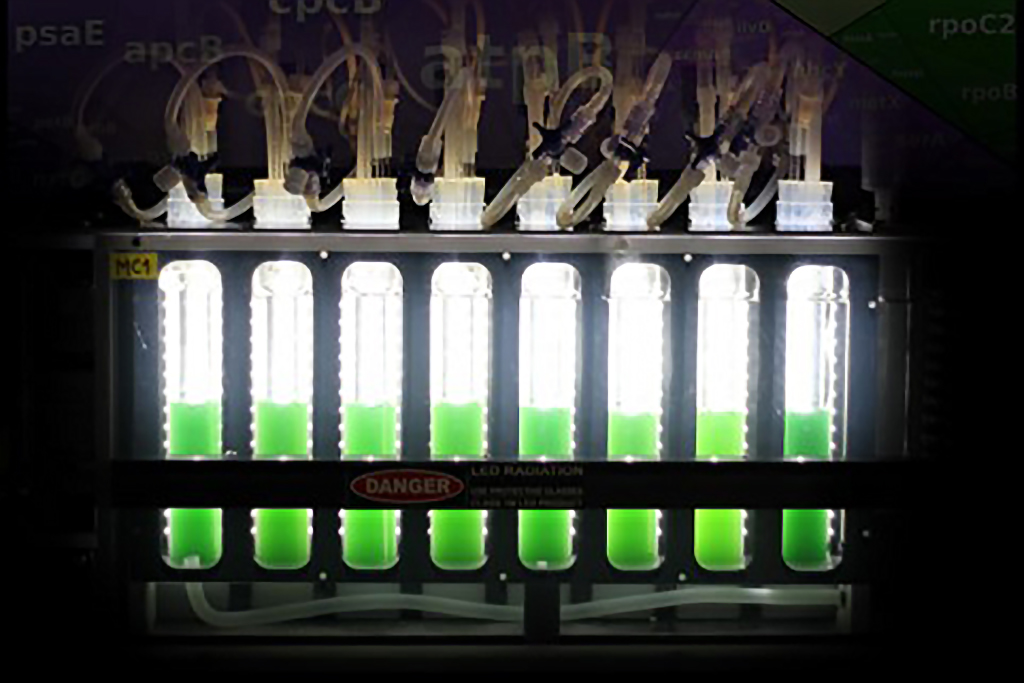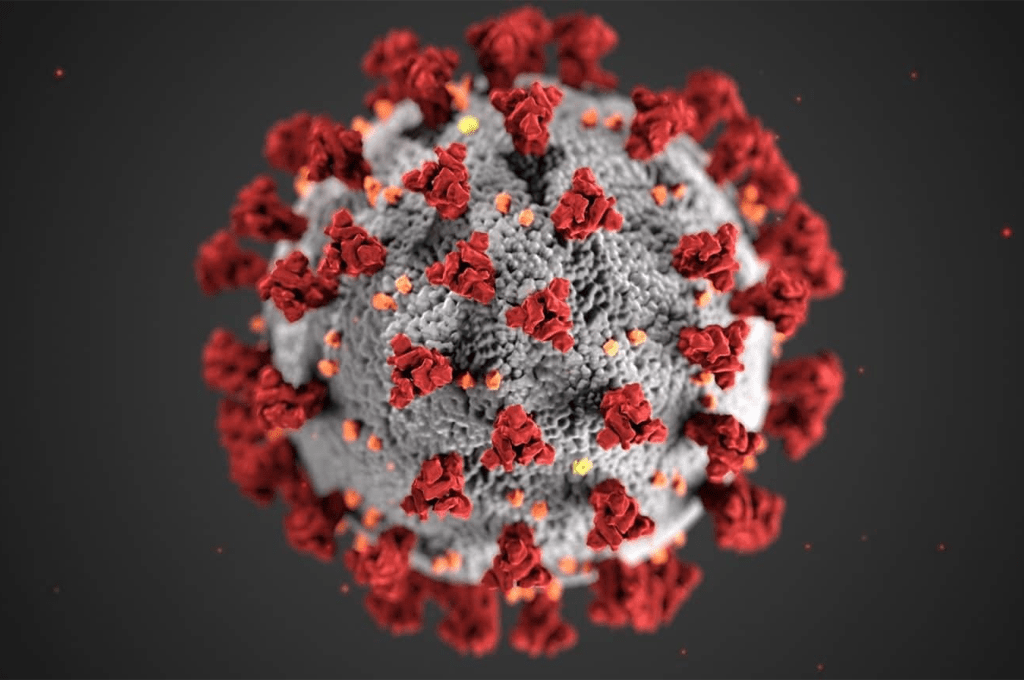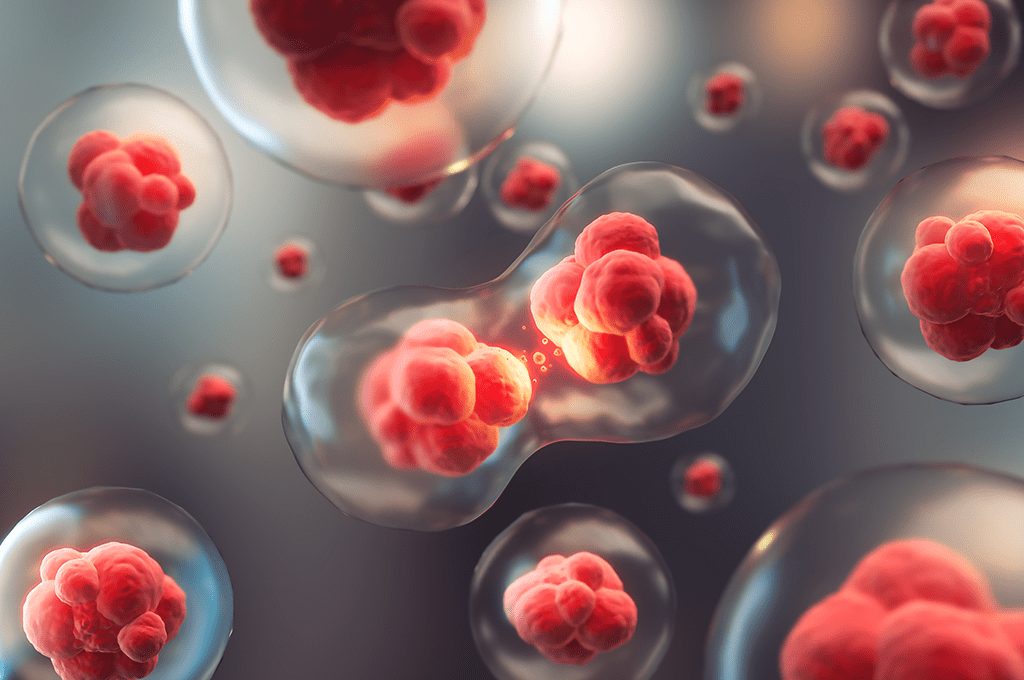CRISPRi used to select cyano-bacterium suitable for industrial use
Researchers from SciLifeLab have developed a new method to easily find cyanobacterium clones suitable for enhanced industrial purposes.
Cyanobacteria are model organisms for photosynthesis but can also be used as sustainable sources of protein or producers of “nutraceuticals” in biotechnological applications, or as alternative fertilizers and bio-fuels.
In a recent study, led by Paul Hudson (KTH/SciLifeLab), researchers investigated the genotype-phenotype relationships in a model cyanobacteria (Synechocystis sp. PCC 6803) by developing a CRISPRi gene repression library. The library was then screened for a variety of traits that are relevant for biotechnological use, such as growth rate and ability to synthesize commodity chemicals. Each gene was assigned a “fitness” score in regard to growth, productivity and phenotype.
Several clones with increased growth rate were identified and transcriptomics was used to further study them, revealing a dysregulation of photosystem I in all of them. Faster growing clones were less tolerant to external stresses, however, suggesting a trade-off between growth speed and robustness.
In order to find out if the silencing of certain genes could lead to an increase in lactate production a high-throughput droplet microfluidics-based assay, developed by Håkan Jönsson (SciLifeLab/KTH), was used. By analyzing the fluorescence of each droplet, the concentration of lactate, secreted into each droplet by the clones, could be measured. Nearly 50 clones, with silenced genes related to nutrient assimilation, central carbon metabolism and cyclic electron flow, were identified as high lactate producers. This information has the potential to further improve lactate production on an industrial scale.
Read more: Nature Communications





